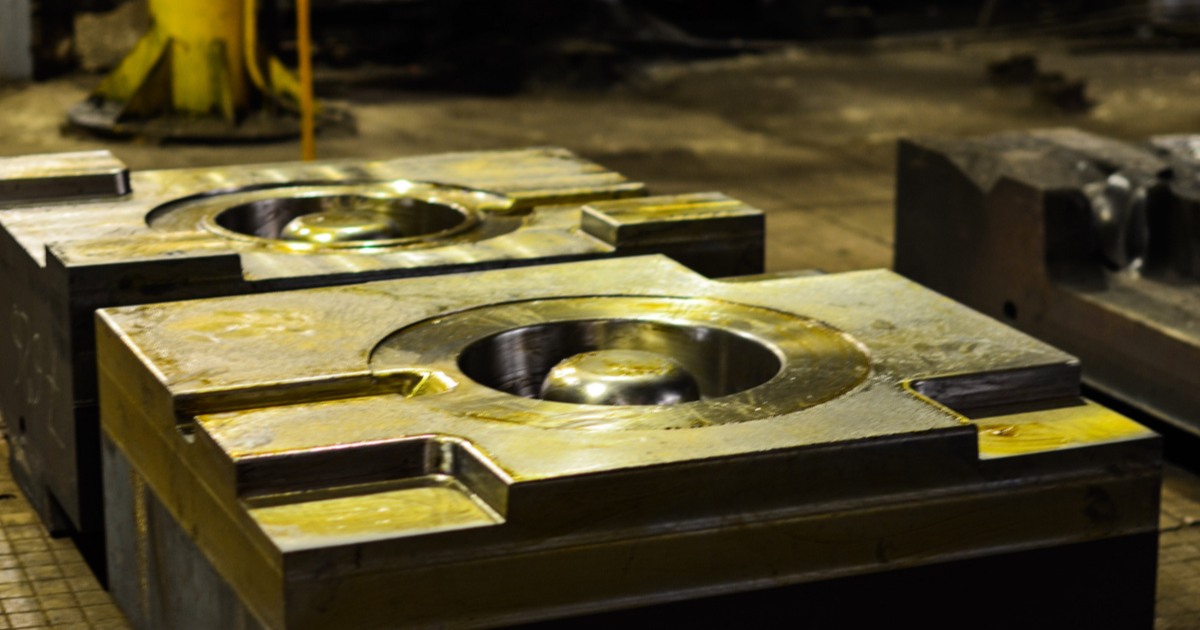What makes a Casting Foundry an important partner in metal fabrication
Best Practices for Upkeep and Applications in the Light Weight Aluminum Shop Field: A Detailed Summary
Keeping tools in the light weight aluminum factory industry is vital for functional success. Routine assessments and anticipating maintenance can significantly decrease downtime and boost security. Advanced modern technologies, such as IoT and data analytics, play an essential function in this process. However, recognizing the full extent of finest techniques calls for a closer exam of particular methods and their effect on efficiency. What are the essential parts that add to a reliable maintenance framework?
Relevance of Regular Maintenance in Aluminum Foundries
Regular upkeep plays an essential role in the reliable procedure of aluminum shops. By systematically evaluating and servicing equipment, shops assure peak efficiency and longevity of equipment. Regular upkeep activities, such as cleansing, element, and lubrication replacement, assistance protect against unanticipated break downs that can lead to expensive downtime.
Routine checks improve office safety and security by identifying possible risks before they escalate into serious issues. Tools that is well-kept operates better, leading to enhanced product top quality and decreased waste. Additionally, adherence to a structured upkeep schedule can support conformity with market policies, consequently fostering a reputation for dependability and high quality within the marketplace.
Implementing Predictive Upkeep Approaches
Anticipating upkeep techniques take the principles of routine maintenance an action additionally by leveraging data analytics and progressed surveillance modern technologies. In light weight aluminum foundries, these methods make it possible for operators to anticipate tools failures prior to they occur, thereby reducing unintended downtimes and enhancing functional efficiency. By utilizing sensing units and IoT devices, real-time information can be collected on equipment efficiency, allowing for the recognition of prospective issues with anticipating analytics.
Enhancing Melting and Putting Procedures
Reliable melting and pouring processes are important for optimizing efficiency and ensuring the high quality of aluminum spreadings. To enhance these procedures, factories need to concentrate on specific temperature level control during melting, as this straight impacts the metallurgical homes of the alloy. Making use of innovative melting technologies, such as induction and resistance melting, can boost energy efficiency and decrease cycle times.
In addition, carrying out automated pouring systems minimizes human mistake and preserves consistency in the putting procedure. Proper mold prep work, including adequate preheating, is necessary to avoid thermal shock and enhance mold and mildew durability.

Enhancing Safety Protocols in Shop Operations
Focusing on safety in aluminum shop procedures is essential for safeguarding workers and assuring an efficient atmosphere. Efficient safety and security methods consist of normal training sessions that stress the importance of personal protective tools (PPE), such as helmets, gloves, and goggles. In addition, the facility of clear emergency situation procedures is vital in handling possible crashes.
Routine assessments of equipment and equipment help identify hazards prior to they intensify into significant concerns. Executing a robust coverage system motivates workers to connect safety and security worries without worry of repercussion. Fostering a society of safety guarantees that every staff member understands their duty in maintaining a safe and secure work environment.
Furthermore, assuring appropriate air flow and monitoring air high quality can minimize direct exposure to dangerous fumes and dirt. By reinforcing description these practices, light weight aluminum foundries can considerably reduce the threat of crashes and develop an environment where employees really feel valued and safe, ultimately enhancing general functional efficiency.
Leveraging Innovation for Improved Performance
Using innovative modern technology has actually come to be progressively necessary for light weight aluminum shops intending to boost operational efficiency. Automation and about his robotics play a vital function in enhancing production procedures, minimizing labor prices, and lessening human error. Carrying out real-time surveillance systems enables the continual assessment of tools efficiency, allowing proactive upkeep and reducing downtime.
The assimilation of data analytics offers important understandings into operational process, assisting in better decision-making and resource allotment. As an example, predictive analytics can determine potential failures prior to they occur, additional optimizing maintenance timetables.
In addition, embracing innovative melting and spreading modern technologies improves power performance and product return, which are basic for sustainability in the industry. By accepting these technical advancements, aluminum factories can not just enhance performance but also preserve an one-upmanship in a significantly requiring market (Casting Foundry). Inevitably, leveraging modern technology is pivotal in driving development and boosting total functional effectiveness within the sector

Regularly Asked Inquiries
What Are Usual Indicators of Devices Use in Light Weight Aluminum Foundries?
Typical indications of devices wear in light weight aluminum factories consist of uncommon sounds, reduced effectiveness, increased resonance, overheating parts, leakages, and visible corrosion. These indicators often signal the need for upkeep or prospective substitute to prevent expensive downtime.
How Can I Train Personnel for Effective Upkeep Practices?
To train staff for effective maintenance methods, one can execute hands-on workshops, establish comprehensive handbooks, urge mentorship programs, and conduct regular evaluations to review abilities and knowledge, making certain all employees comprehend maintenance methods extensively.
What Are the Environmental Regulations for Light Weight Aluminum Foundries?
Light weight aluminum shops are subject to different ecological guidelines, consisting of discharges control, waste administration, and resource conservation. Conformity warranties very little environmental impact, promoting sustainability while sticking to regional, national, and international ecological requirements and policies.
How Do Shops Take Care Of Waste and Recycling of Aluminum?
Foundries take care of waste and aluminum foundry recycling by applying systems for gathering scrap aluminum, making use of sophisticated separation technologies, and collaborating with reusing facilities to assure effective recovery procedures, thus lessening environmental influence and advertising sustainability within the industry.
What Are the Expenses Related To Carrying Out Advanced Technologies?
Applying innovative technologies in factories incurs considerable prices, including preliminary financial investment, training, and maintenance expenses. The lasting advantages, such as boosted efficiency and minimized waste, frequently validate these expenditures, leading to improved profitability. (aluminum metal casting)
